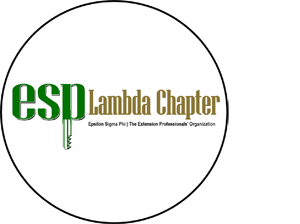How many meetings have you attended and/or coordinated and hosted? How many times have you wished you knew a little more about the general parliamentary procedure? It can be overwhelming. This session will provide you with tools to determine if a meeting would benefit from the parliamentary procedure as well as basic knowledge and some easy-to-follow resources you can rely on. You don’t have to know it all, to help assure smoother and more productive meetings.
Join us on December 8 at 11 am as our colleague and CCE Rensselaer County Executive Director, Bernie Wiesen, shares guidance and resources about parliamentary procedure.
Extension professionals spend a significant amount of their professional time planning, hosting and/or attending meetings. Meetings are a necessity but the magnification of meeting fatigue brought on by the pandemic, getting an engaged and robust turn out to meetings has never been a larger challenge. If you can improve the experience someone has at a meeting, you will increase the chance that they will return to future meetings with a positive and productive demeanor.
There are many elements to a meeting that make it successful and parliamentary procedure is just one element that may help assure meeting goers have a good experience. By definition, parliamentary procedure is a set of guidelines that are generally accepted as it relates to ethics, rules and expectations governing meetings of an organization or group. Ideally, parliamentary procedure lays the foundation for objectiveness that results in orderly discussion and questions that will result in the will of the majority of the group. If used properly, parliamentary procedure can help assure fair discussion, management of time, and opportunity for all to engage, and instill a sense of purpose and belonging for those present. And it can be fun!
Learning Objectives
- Learn how to assess the needs of a variety of extension meeting types and fit for parliamentary procedure
- Become familiar with resources providing background and information for parliamentary procedure
- Receive a quick sheet with references and information for quick “look up”
- Become familiar with the context of parliamentary procedure
- Become familiar with how to best use parliamentary procedure to enhance the other strengths of the meeting
The first 10 participants to log on that day will receive a gift from ESP. This workshop is a part of a series of offerings being organized by Epsilon Sigma Phi (ESP) – Lambda Chapter, ESP is a national extension professional development organization that anyone who works for Extension can join.
